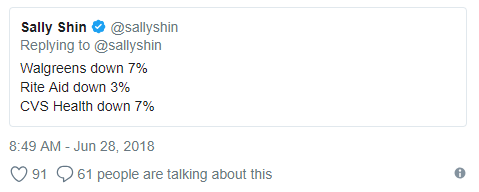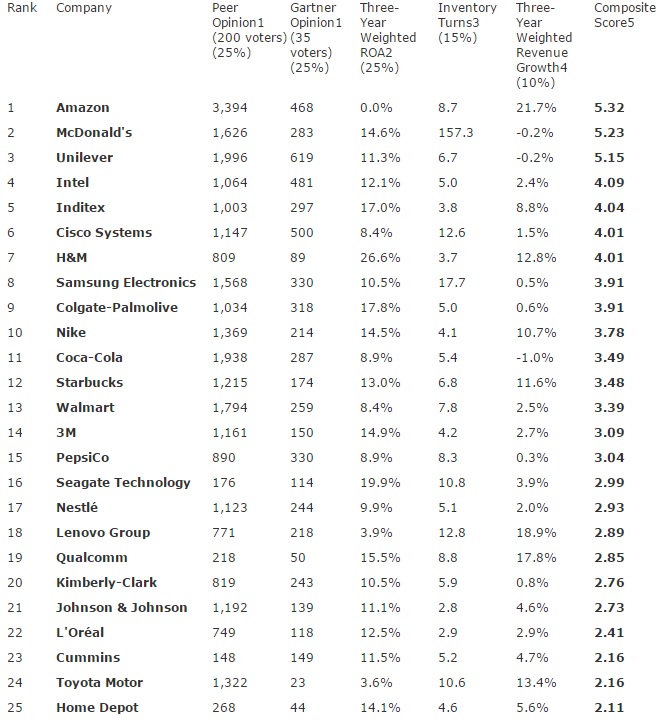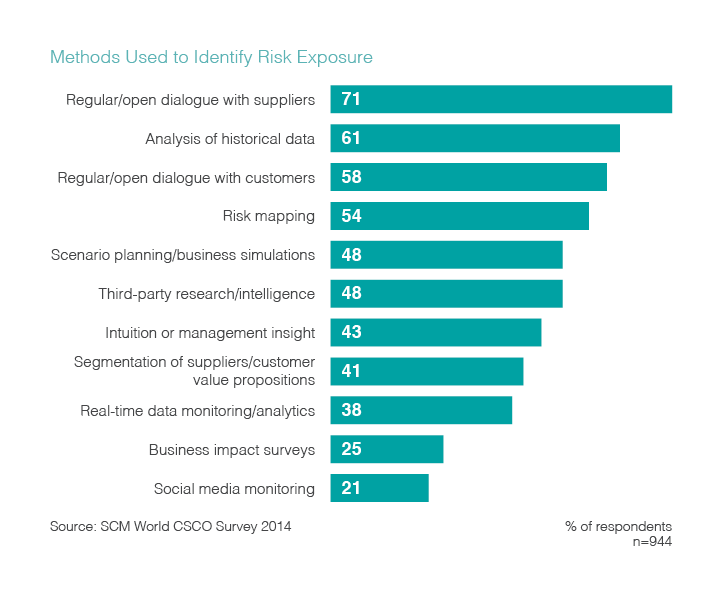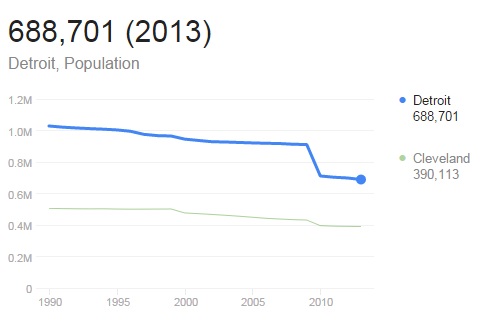
- Trump’s FCC Will Soon Vote to Axe Decades-Old Anti-Media Monopoly Rule
Traditionally these rules have broad, bipartisan support because they protect giant broadcasters from crushing smaller, regional competitors with an actual vested interest in the communities they serve. But much like the FCC’s attack on net neutrality, the Trump FCC has ignored nuance and the public interest in its quest to help giant corporations grow even larger.
For example, weeks before Sinclair even announced its merger, the FCC restored an outdated and unnecessary bit of 1980’s regulation known as the UHF Loophole, specifically to allow Sinclair to falsely under-state the company’s real reach. That move is currently facing a legal challenge by consumer groups, and the FCC is rushing to beat that court ruling to the punch.
Also:
Wood and other consumer advocates have been quick to point out the irony of Pai’s office, which routinely laments “outdated and unnecessary regulation,” re-imposing some outdated and unnecessary regulation simply to help Sinclair grow larger.
- Ford’s plan to turn Detroit’s oldest neighborhood into an electric, AV hub
Ford, which is celebrating its 115th anniversary this week, announced plans to house 2,500 Ford employees, most from its emerging mobility team, in its new Corktown campus by 2022. The new campus will have space to a accommodate 2,500 additional employees of partners and other businesses. The remaining 300,000 square feet will serve as a mix of community and retail space and residential housing.
The Corktown campus is where Ford will develop autonomous and electric vehicle businesses, as well as what CEO Jim Hackett describes as a new transportation operating system designed to make moving from Point A to Point B easier and accessible. The idea is for this transportation operating system to tie all forms of mobility together, including smart, connected vehicles, roads, parking and public transit.
https://www.engadget.com/2018/06/19/adobe-project-rush-video-editing-across-devices/
- How to stop politics from controlling your emotions
- The Future of Digital Marketing in a Data-Privacy World
That isn’t all. The rules for “third party” data also are getting more complicated. Many marketers don’t collect customer data themselves, so they use the information from other vendors, to help them target ads. Now they must make sure those vendors are in compliance with GDPR standards. Obviously, keeping an eye on all those third parties means a lot of effort and expense, so some marketers have said they would just use fewer vendors instead.
The problems of keeping track of customer data were highlighted in Facebook ’s Cambridge Analytica data leak, in which an outsider shared the social network’s user records with other firms. After an outcry over the leak, in March Facebook took steps that it said would “help improve people’s privacy.” Among them: ending a program that let brokers target specific groups of Facebook users on behalf of their advertiser clients.
- Pills By Amazon: The Retail Giant Just Bought The Online Pharmacy PillPack
“PillPack’s visionary team has a combination of deep pharmacy experience and a focus on technology,” Jeff Wilke, Amazon CEO Worldwide Consumer, said in a statement. “PillPack is meaningfully improving its customers’ lives, and we want to help them continue making it easy for people to save time, simplify their lives, and feel healthier.”
Photo by Bonnie Kittle on Unsplash








